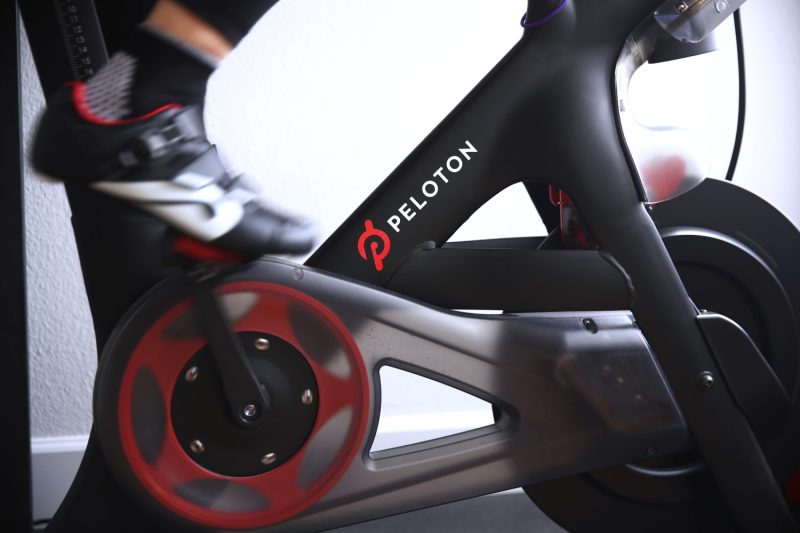In a bold move that may have repercussions for its subscriber base, Peloton recently announced plans to introduce a new policy that will charge customers for using pre-owned equipment and impose a substantial activation fee. This decision comes amidst a backdrop of increased demand for home fitness solutions and a surge in Peloton’s popularity during the global pandemic.
The decision to implement charges for used equipment has sparked considerable debate within the fitness industry and among Peloton subscribers. While some argue that the move is necessary to offset the costs associated with maintaining and servicing pre-owned equipment, others see it as a way for the company to maximize profits at the expense of loyal customers.
Peloton’s decision to introduce a $95 activation fee for pre-owned equipment raises questions about the company’s pricing strategy and its commitment to providing accessible fitness solutions to a wide range of customers. Many see this move as potentially alienating to those who have embraced Peloton as a convenient and affordable way to stay healthy and active.
The implications of Peloton’s new policy extend beyond its immediate impact on current subscribers. The decision to charge for pre-owned equipment and impose an activation fee may signal a broader shift in the company’s business model, as it seeks to capitalize on its market dominance and monetize its user base more aggressively.
As Peloton moves forward with its plans to implement charges for used equipment and introduce an activation fee, it will be essential for the company to communicate clearly with its customers and address any concerns or reservations that arise. Transparency and open dialogue will be crucial in maintaining trust and loyalty among Peloton’s subscriber base, ensuring that the company continues to thrive in an increasingly competitive fitness landscape.


































